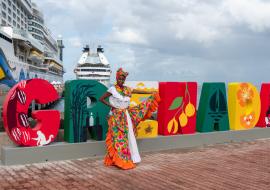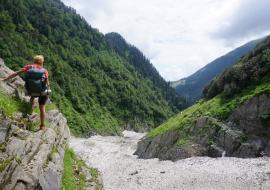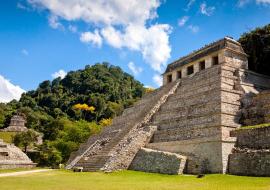The Caribbean's Future Hinges on Defending Its Natural Heritage

At the opening of the Caribbean Travel Forum in Antigua and Barbuda, a clear message emerged: the Caribbean's tourism industry can no longer grow independently of its natural environment. The region's pristine beaches, coral reefs, rainforests, and dormant volcanoes are not just attractions—they are the foundation of its economic and social structures. Neglecting or overexploiting these resources would not only jeopardize tourism but also betray future generations.
Leaders from various sectors—government officials, businesspeople, experts, and community representatives—engaged in meaningful discussions about sustainability policies. The consensus was clear: adapting to climate change is not optional; it's essential for survival.
The Caribbean islands face some of the planet's most severe ecological challenges: rising sea levels, coral bleaching, biodiversity loss, urban pressure, and extreme weather events. These issues are exacerbated by a heavy reliance on international tourism, an industry that consumes significant amounts of water, energy, and coastal resources.
In response, many islands are taking proactive steps:
Barbados, Jamaica, and Dominica have pledged to become carbon-neutral destinations in the coming decades.
Saint Lucia and Grenada are investing in marine protected areas and implementing responsible fishing policies.
Antigua and Barbuda unveiled a new coastal management plan that includes restrictions on hotel development in fragile zones and the establishment of a green fund financed by tourism taxes.
These initiatives underscore a regional commitment to sustainable tourism and the preservation of the Caribbean's natural heritage.

“I think all of us need to understand and report on sustainable tourism. And again, not just the infrastructural aspect of it, but to get all people that work within the industry to really benefit from it. Because that is really, truly our greatest resource”, said Charles Fernandez, Antigua & Barbuda’s Minister of Tourism, Investment and Economic Development, in his remarks to the attendees.
“Any property, any restaurant, anybody, would know and tell you that people that come here will tell you they're coming back. As a matter of fact, last year, I think it was, or earlier this year, we had a visitor who came for his 100th time to a particular property”, he added.
For his part, CHTA President Sanovnik Destang pointed out the need for action to get things done in the Caribbean’s travel industry.
“We are here for action. We are action oriented and we don't just talk about things, we actually do it. We don't wait for change to happen, we are a big part of pushing that change forward”, he said.
“We want to create not just sustainable tourism, but regenerative tourism, which is of strategic importance, not just in terms of attracting new business for people who care about sustainable tourism, but also to ensure that we leave the Caribbean better than we left it for locals and visitors alike”, Mr. Destang went on to explain.














